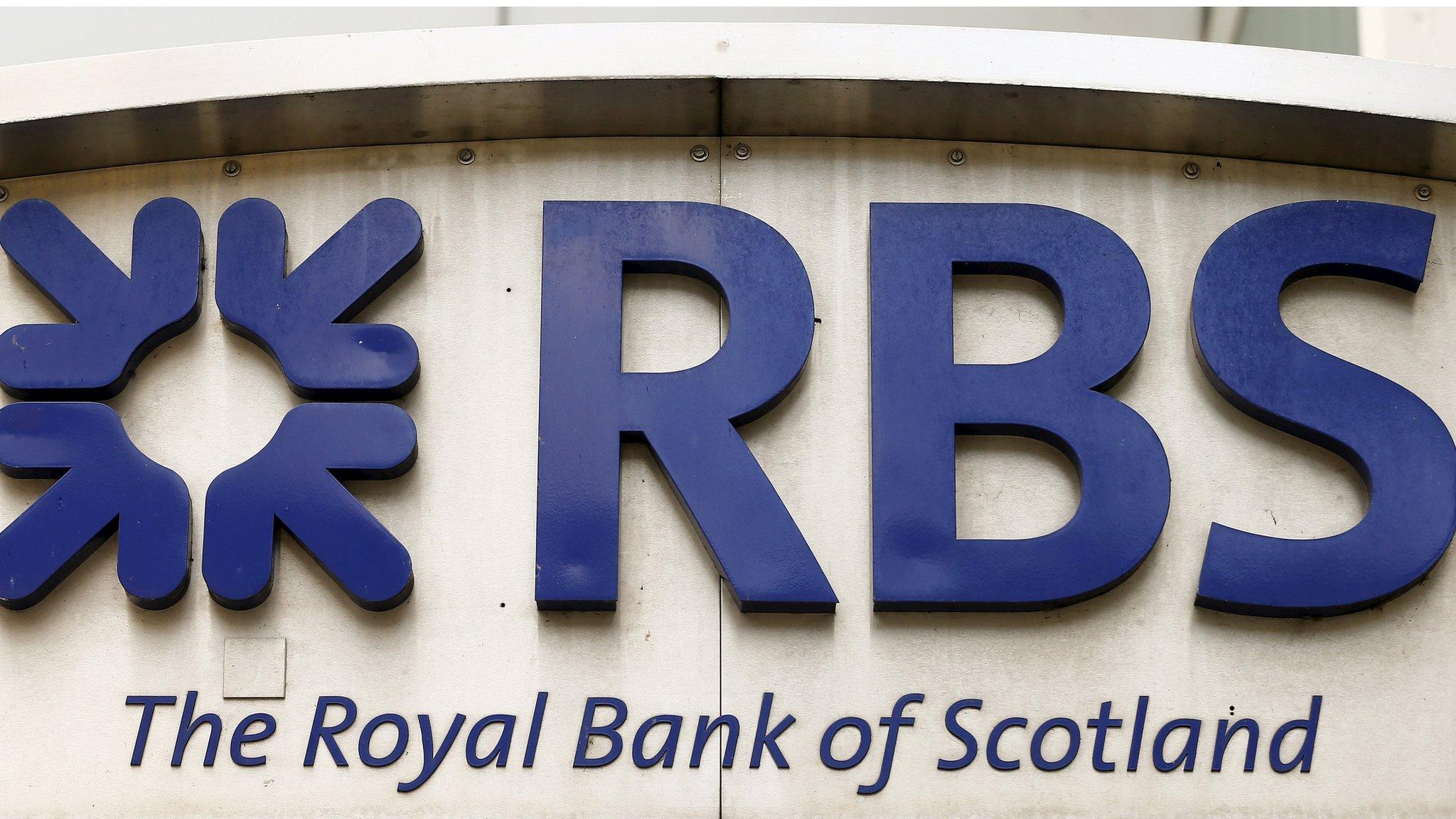Government starts RBS share sell-off
- Published
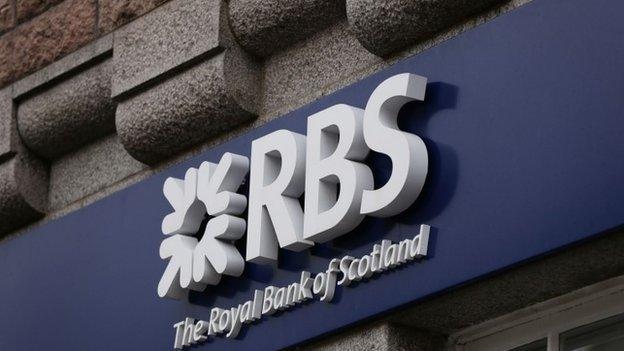
The government has started to sell off its 78% stake in the Royal Bank of Scotland.
UK Financial Investments, the body that holds the government's RBS stake, said it would offer about 600 million shares, external, representing 5.2% of the bank, to institutional investors.
It is expected that the government will make a loss of about £1bn on the sale.
Chancellor George Osborne signalled the move in his annual Mansion House speech in June.
The UK owns 78.3% of RBS after bailing it out with about £45.8bn of taxpayer cash in 2008. Its stake will fall to 73.2%.
The government paid about 500p per share for its RBS stake.
Shares in the bank closed on Monday at 337.6p, down 4.6p, valuing RBS at £39bn.
However, institutional investors may be able to buy the shares at a discount to Monday's closing price.
One of the bookrunners said that shares would be priced at 330p.
Mr Osborne said in June he was keen to start disposing of shares as soon as possible, and that he aimed to sell at least three-quarters of the stake over the next five years.
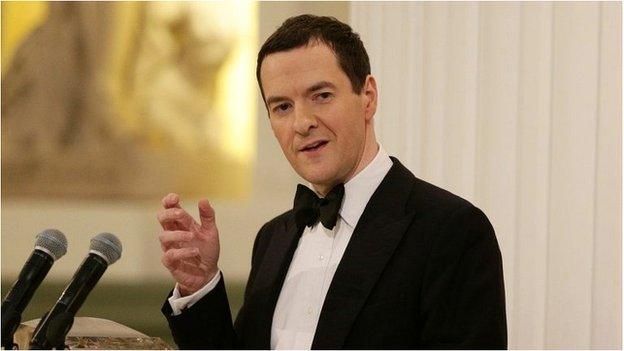
Chancellor George Osborne
The sale is being handled by Citigroup, Goldman Sachs, Morgan Stanley and UBS.
UKFI and the Treasury said they would not sell any more RBS shares for 90 days after the sale without the consent of the bookrunners.
RBS was briefly one of the world's biggest banks by assets after expanding with takeovers and aggressive lending prior to the financial crisis.
The bank has more than halved its assets to £945bn from £2.2 trillion over the past seven years while also cutting its staff globally from almost 200,000 to just under 110,000.
- Published11 June 2015
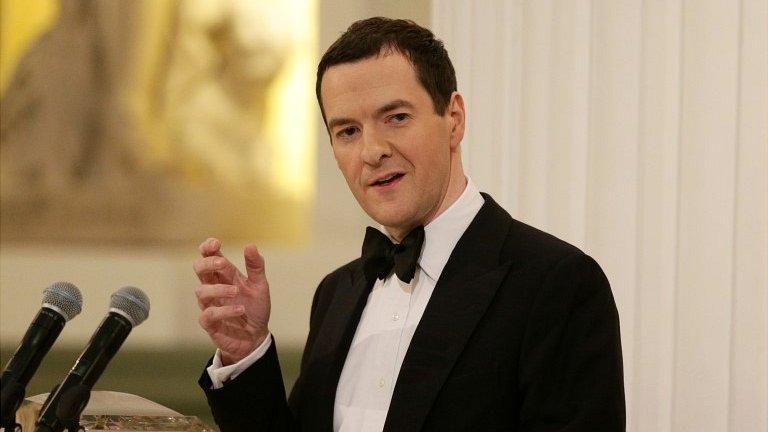
- Published10 June 2015
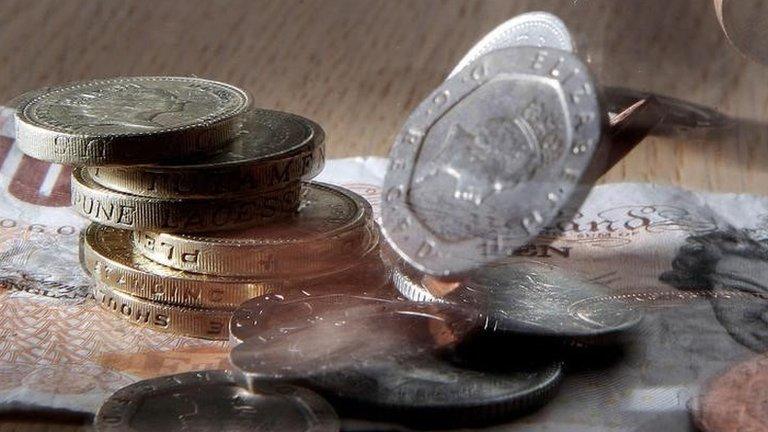
- Published10 June 2015
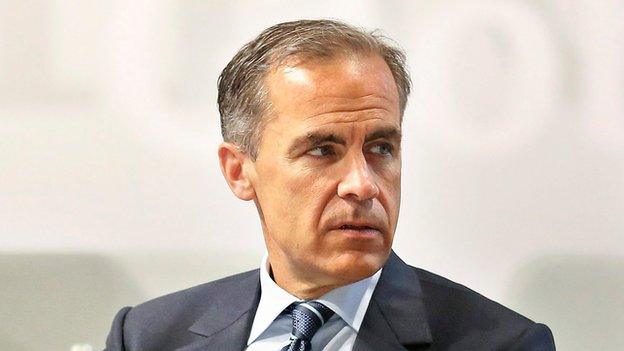
- Published21 May 2015
